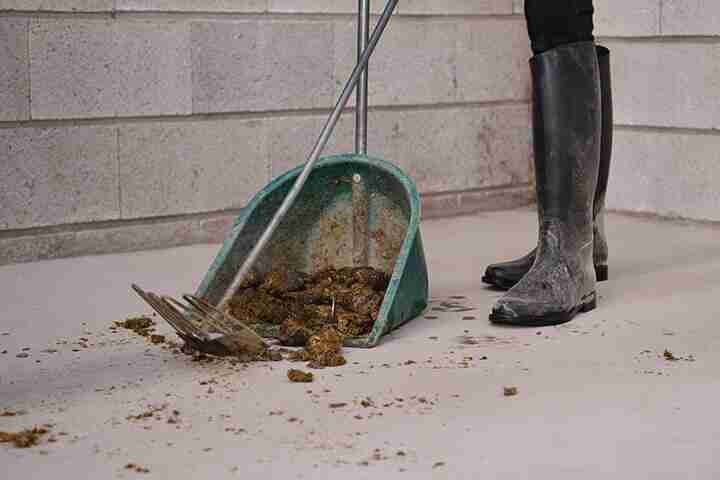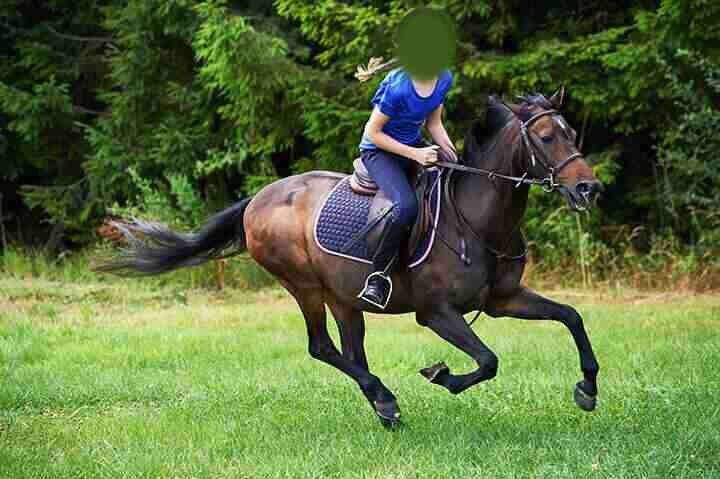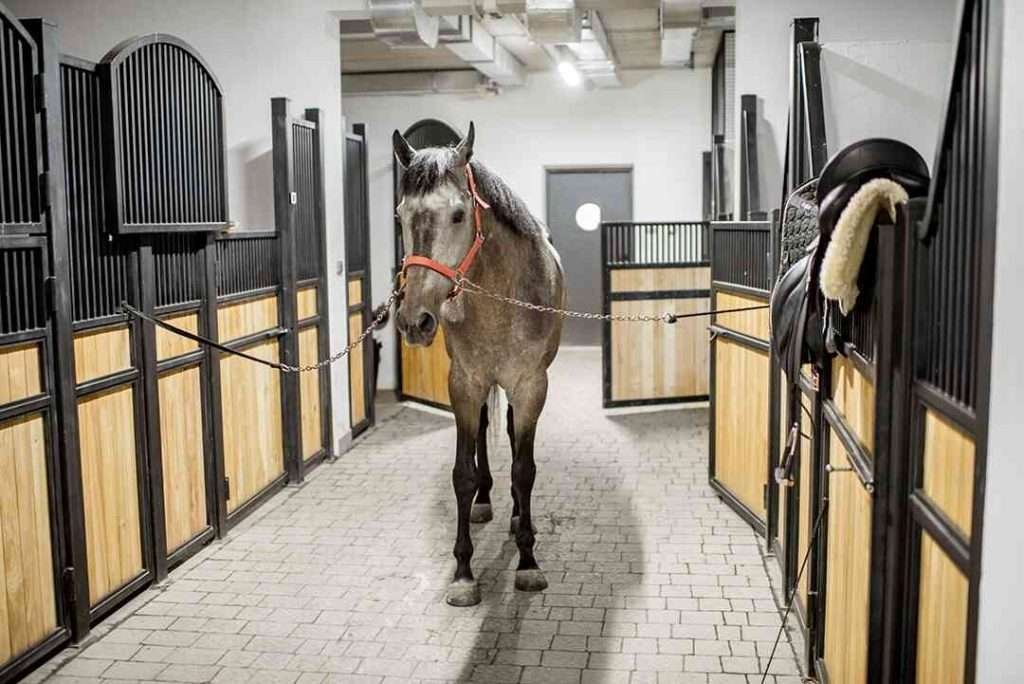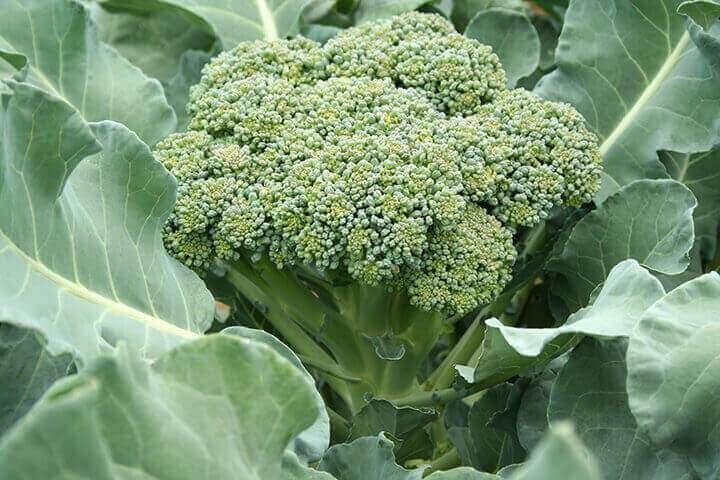Horse poop, scientifically known as manure, is a subject that might raise eyebrows but plays a crucial role in the world of equines and beyond. In this article we have answered some frequently asked questions about horse poop, including its frequency, agricultural benefits, and some peculiar behaviors associated with it.
How Often Do Horses Poop?
One might wonder about the regularity of a horse’s bathroom habits. On average, a healthy adult horse will defecate anywhere from 8 to 12 times a day. This frequency is influenced by various factors such as diet, activity level, and overall health.
Is Horse Poop Good Fertilizer?
Horse manure is not just a byproduct; it’s a valuable resource in agriculture. Rich in nutrients like nitrogen, phosphorus, and potassium, equine poop makes for an excellent natural fertilizer. Its use can enhance soil structure, water retention, and overall plant health. Many gardeners and farmers appreciate the benefits of incorporating well-composted horse manure into their soil.
Why Do Dogs Eat Horse Poop?
The curious phenomenon of dogs eating horse poop, known as coprophagia, has puzzled pet owners for years. While it might seem unsavory to humans, some dogs are attracted to the scent and taste of horse manure. This behavior can be influenced by a variety of factors, including dietary deficiencies, boredom, or simply as a learned behavior from their environment.
Why Do Horses Eat Poop?
Believe it or not, horses engaging in coprophagy is not uncommon. It’s a behavior known as “coprophagia,” and there are several theories about why horses might indulge in it. Some suggest it could be related to nutrient absorption, microbial fermentation in the hindgut, or mimicking the behavior of their mothers to establish a healthy gut flora.
Will a Horse With Colic Poop?
Colic, a potentially serious and painful condition in horses, can affect their digestive system. Contrary to what one might assume, colic doesn’t always result in increased defecation. Horses with colic might show signs of reduced or absent bowel movements, underscoring the importance of monitoring a horse’s overall health and behavior.

Conclusion
Horse poop, though often dismissed as a mere waste product, is a multifaceted aspect of equine life. From its role as a natural fertilizer to the intriguing behaviors associated with it, the nuances of horse poop contributes in the environment.





